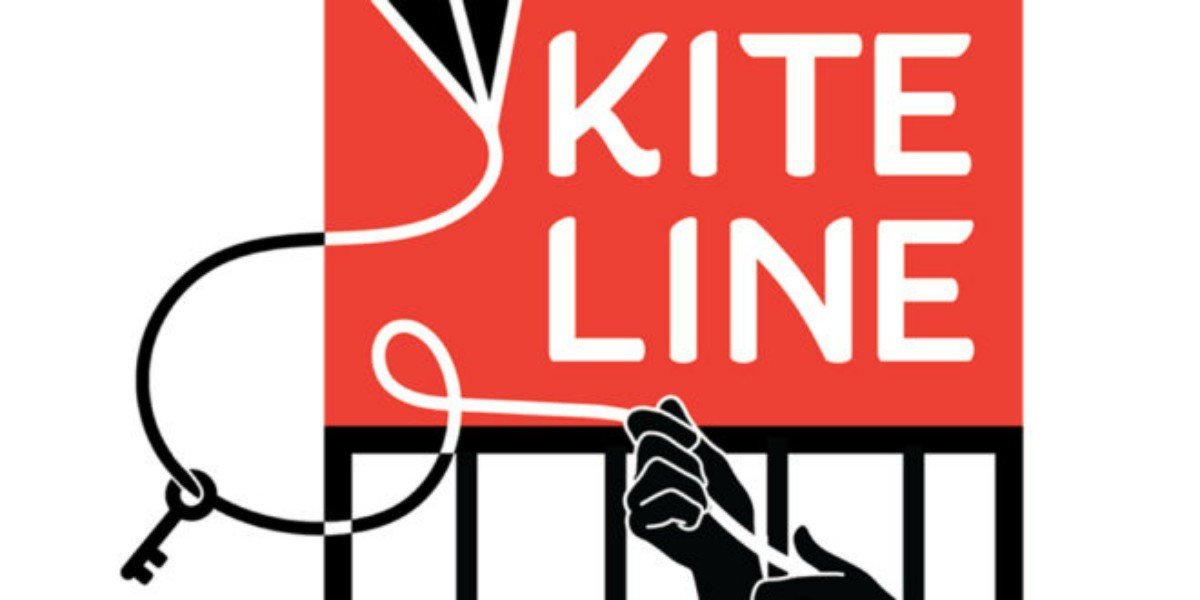Filed under: Interviews, Radio/Podcast, Repression, US

Long-running abolitionist radio show and podcast Kite Line brings us news about Keith LaMar on hunger strike and the fight against repression in Atlanta.
Podcast: Play in new window | Download Subscribe: RSS
Earlier this week, Keith LaMar went on hunger strike at the Ohio State Penitentiary. He has faced escalating harassment from administrators and guards as his execution this fall looms and as solidarity momentum builds on the outside. This harassment extends to new arbitrary rules preventing him from wearing spiritually-significant jewelry and systematic interruptions during visits. Keith is on death row due to allegations that he acted as an interracial peacemaker in the leadup to the seminal 1993 Lucasville Prison Uprising. He was seized by guards during the first day of the uprising and was not present during any of the deaths which later occurred. His support crew asks that people call Regional Administrator Eric Lyle at 614-752-1736 and demand that Keith’s demands for respect and safety are met. More information can be found at keithlamar.org.
Also this week, Emily Murphy’s struggle for adequate food in the Atlanta City Detention Center focused attention on the 19 people facing charges for domestic terrorism for their participation in the mass movement to stop the construction of a cop city in the Atlanta forest. Emily is one of those forest defenders who is still being held and has been denied access to vegan food for almost a month. They have not only protested on their own behalf, but have drawn attention to the systemic neglect and abuse all prisoners face in this jail.
As of February 24th, it seems as though protest and a flood of calls from outside have forced the jail to begin providing adequate vegan meals, shifting the struggle to Emily’s release and defeating the state of Georgia’s wider campaign of repression and intimidation. On this episode we hear from Emily and one of Emily’s dear friends. After that, we share an interview we conducted with Sarah Alvarez, a lawyer with the Civil Liberties Defense Center, who powerfully analyzes the fraught charging strategies Georgia prosecutors are using.





